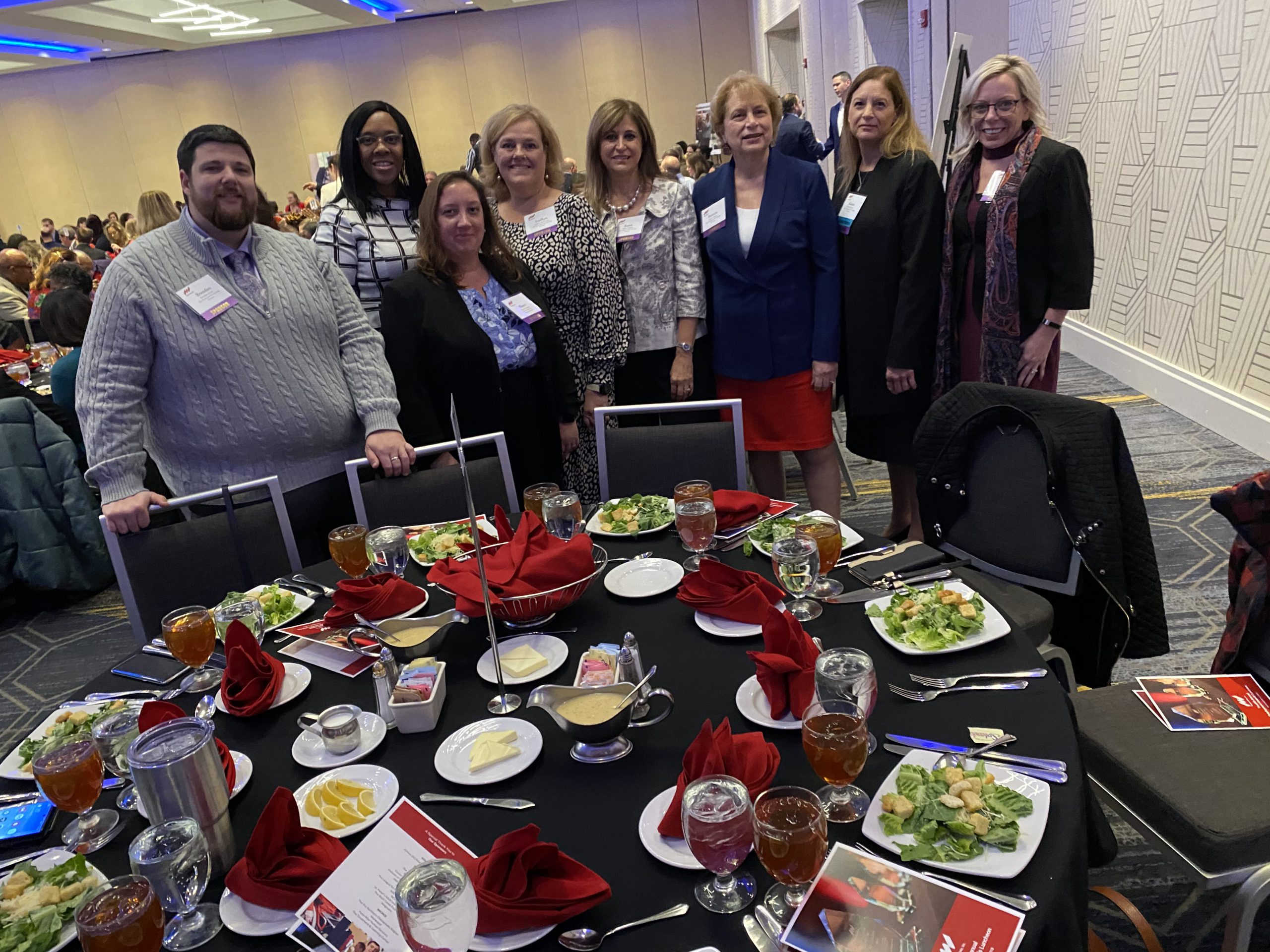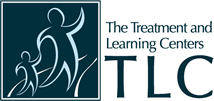Community-Based

Below is valuable information regarding community-based programs. Please contact us if you have any questions.
Maryland Developmental Disabilities Administration (DDA)
-
Supported Employment Services (SE)Individuals identify vocational goals and develop an individualized plan. A resume is written, interviewing skills practiced, and job search activities conducted. Individuals can be accompanied to interviews. Travel training is provided if needed. Staff work with the employer to identify the person’s training needs and job-specific supports. Job coaching is offered to ensure that job skills and workplace behaviors are established. On going drop-in supports are also provided to allow the individual to reach their highest level of vocational success.
-
Employment Discovery and Customization (ED&C)ED&C provides assessment, discovery, customization, and training activities for a limited period of time. ED&C will assist an individual in gaining competitive paid employment at an integrated job site where the person served is receiving comparable wages and where most of the employees do not have a disability.
-
Community Development/ Day Habilitation Services (CDS)This is a Pre-Vocational program service and offered as part of TLC’s Outcomes Vocational Services, Day Habilitation program. This program provides participants with development and maintenance of skills related to community membership through engagement in community based activities with people without disabilities. The community-based activities provide participants the opportunity to develop skills and increase independence. This may include: career exploration activities, volunteering, travel training, social opportunities, and self-advocacy workshops.
-
Personal Supports (PS)Personal Supports provide regular personal assistance, support, supervision, and training to assist the individual to participate fully and independently in their home and community life. These supports can be provided in the participant’s own home, family home, or in the community. Personal supports include, but are not limited to: support, supervision, and training in such activities as
- Housekeeping,
- Menu planning, Food shopping, Meal preparation,
- Budgeting, Bill paying,
- Addressing medical needs,
- Transportation, as well as
- Leisure, recreational and social activities.
The range of services provided depends on the needs of the individual.
Maryland Division of Rehabilitation Services (DORS)
-
Career Assessment Service (CAS)Career Assessment Services identifies strengths and barriers to employment and is often the first step in the vocational rehabilitation process. Employment potential is assessed through psychometric testing, formal and informal work samples, situational, community and on-the-job evaluations.
-
Employee Development Services (EDS)
This program offers intensive training in the development of appropriate workplace behavior and skills leading to competitive employment. Resumes, job seeking skills, interviewing and employment contacts are developed with emphasis placed on initial and on-going readiness skills. Each participant is assisted with individualized job placement in the community.
-
Job Development and Job Coaching
Based on the DORS plan for employment participants receive assistance with resumes, cover letters and thank you letters. Individuals are supported to: locate jobs, apply for jobs, network with employers and interview with employers. Once a job is located, participants receive initial monitoring and support to ensure successful adjustment to the job. Intensive training provided to facilitate communication, identify any needed accommodations and suggest strategies to increase the individual’s opportunity for success.
-
Speech Language Services (SLS)
Individuals who need assistance with communication skills may receive a speech evaluation and/or therapy. There is a focus on compensatory strategies to use in the community or on the job. The speech-language pathologist works with the team to provide functional and meaningful strategies to assist with successful job placement and retention.
PRIVATE PAY
-
Private Pay (PP)
The Private Pay program offers individuals 18 and over the opportunity to receive services by paying an hourly rate whether they want to supplement existing funded services or do not meet the state program eligibility requirements. Participants decide on services based on their needs. Services include, but are not limited to, job development, job coaching, self-advocacy, community integration, support applying for social services, activities for increasing independence, and travel training in the community. A free consultation is provided to all prospective clients to discuss needs.
